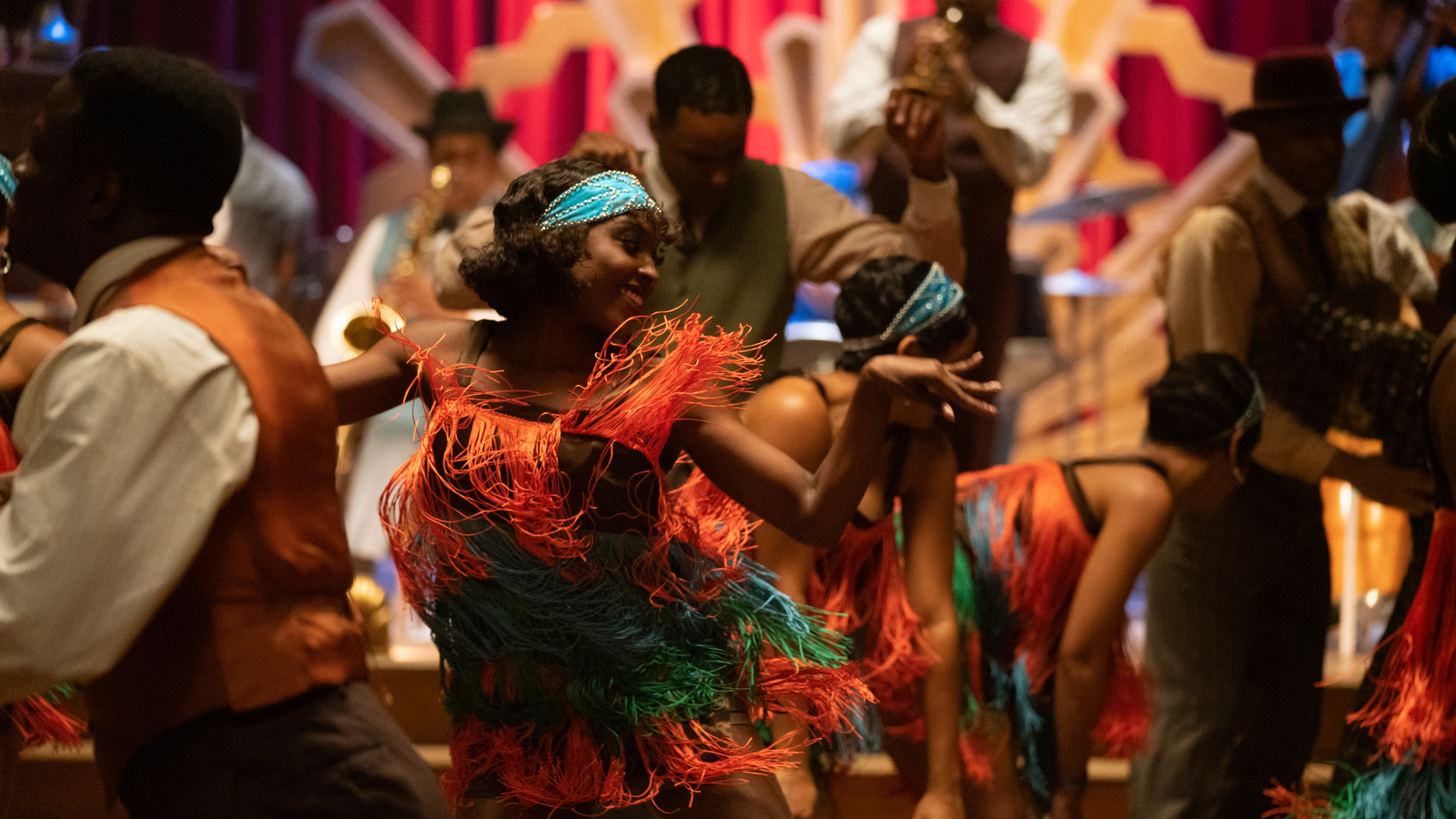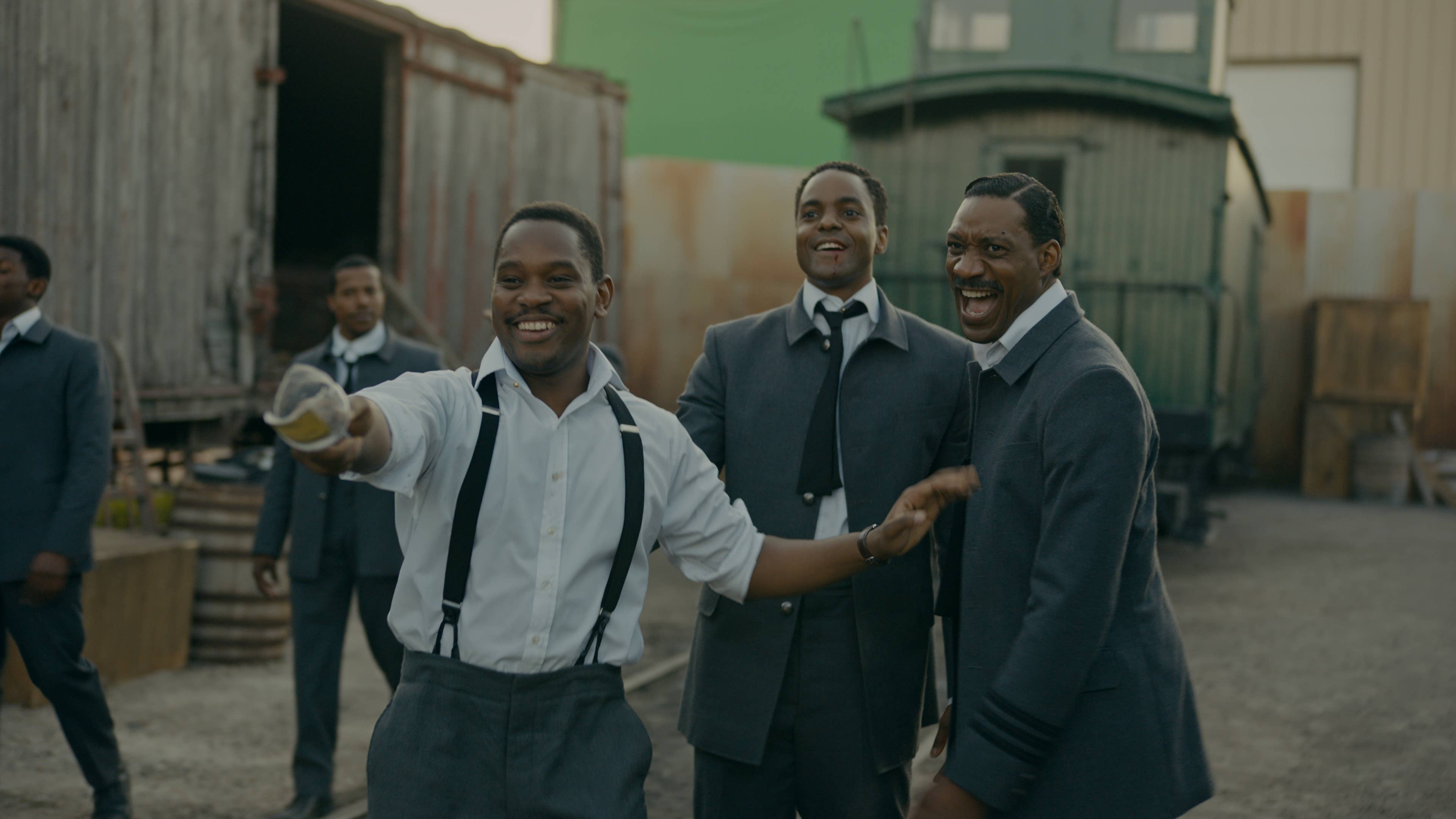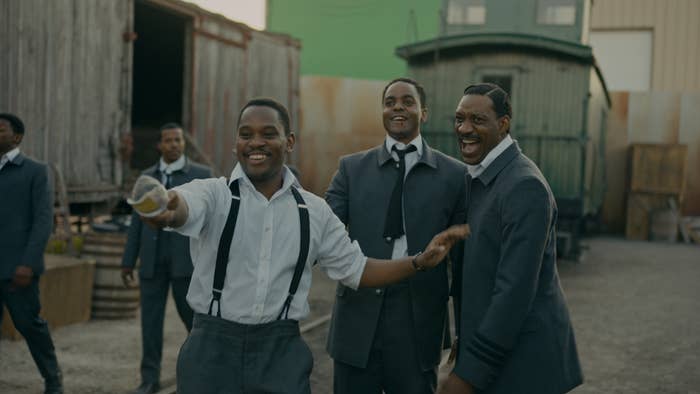
Black history is such a monumental part of Canada’s heritage, yet it’s largely overlooked in classrooms when it comes to listing our country’s achievements. When it is acknowledged, it’s almost always within the context of slavery and Underground Railroad. And it certainly hasn’t been explored enough when it comes to our onscreen stories.
The showrunners of the new CBC series The Porter are hoping to change that. Premiering this week, it’s the biggest Black-led TV series in Canada’s history, focusing on North America’s first Black labour union. It shows what challenges the Black community faced in Canada and the U.S. in the 1920s while celebrating the lives, stories, and pivotal-yet-often-ignored achievements of Black train porters.
The series was created by actors Arnold Pinnock and Bruce Ramsay, who both star in the show as well, developed by writer-producers Annmarie Morais, Marsha Greene, and Aubrey Nealon, and directed by executive producers Charles Officer and RT Thorne.
The eight-episode series, filmed in Winnipeg and set in Montreal, aims to reframe Black Canadian history by featuring the fullness and diversity of the Black diaspora—including those who came from the small islands in the Caribbean and made a big impact on Canada and North America.
A universal Canadian experience
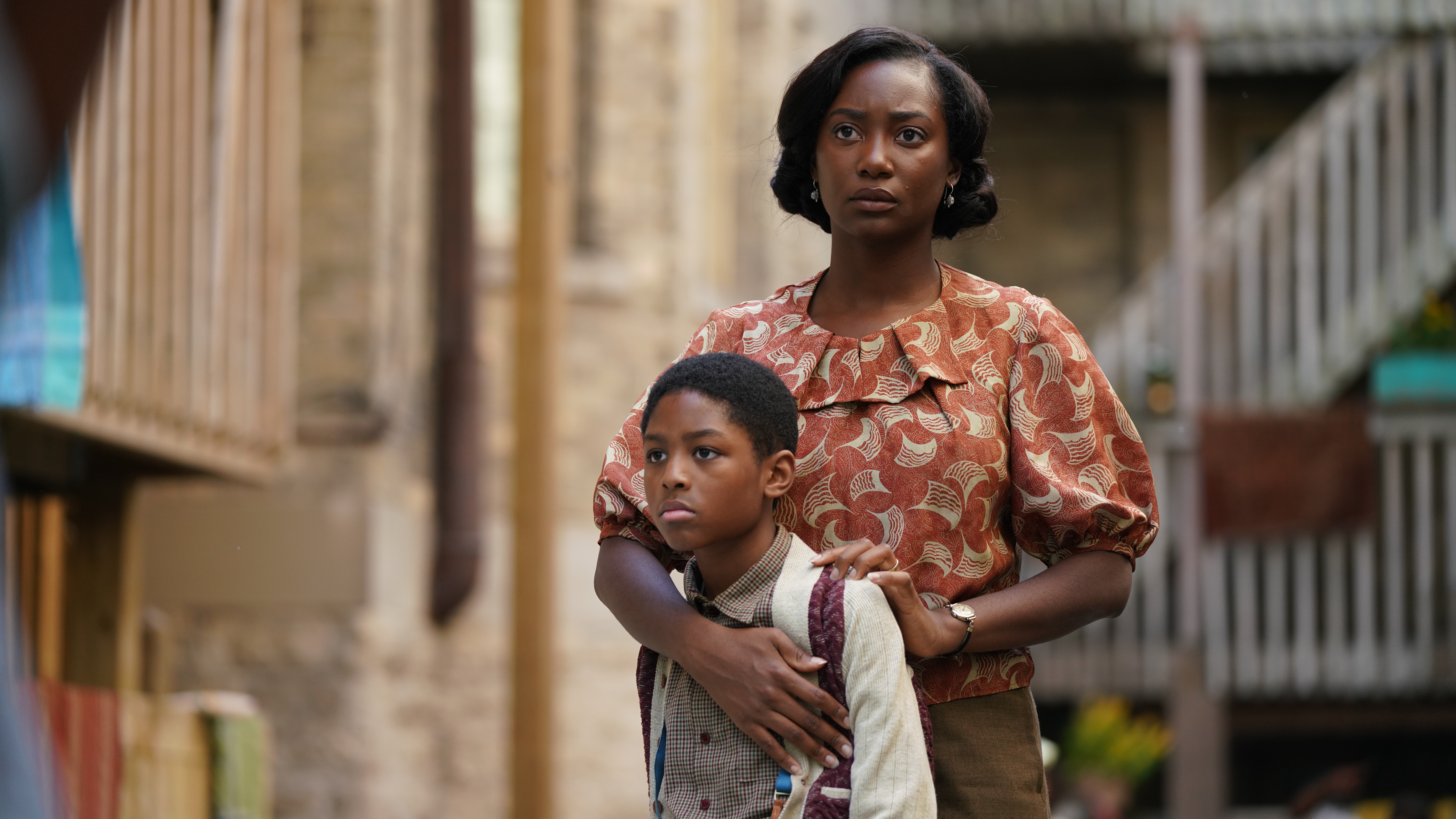
The Porter is not just another series about Black subjugation, which other historical shows tend to focus on. “I was thinking about the show being about the Black Canadian experience, but also being about the Canadian experience,” explains Marsha Greene, who wrote and produced for the series. “This is also an immigrant story about immigrants who use their language when they’re in their communities, and they go to work, and they have to then speak differently—like that is an experience that many immigrants in this country have. Or women at a certain time trying to strive for more in a patriarchal society—like that’s not specific to being Black. So we take these universal stories and try and make them specific and authentic to our own culture, and community, and history. But I do feel like ultimately, it is kind of a Canadian story. To the credit of our BET+ partners, they also saw it and recognized some similarities to their own experiences, and they said that their audiences are going to watch this and it’s going to resonate.”
The series’ creative team had been working on this concept and story idea for years. So when it came to honouring the story, they were asked what was the most important to them from the very get-go.
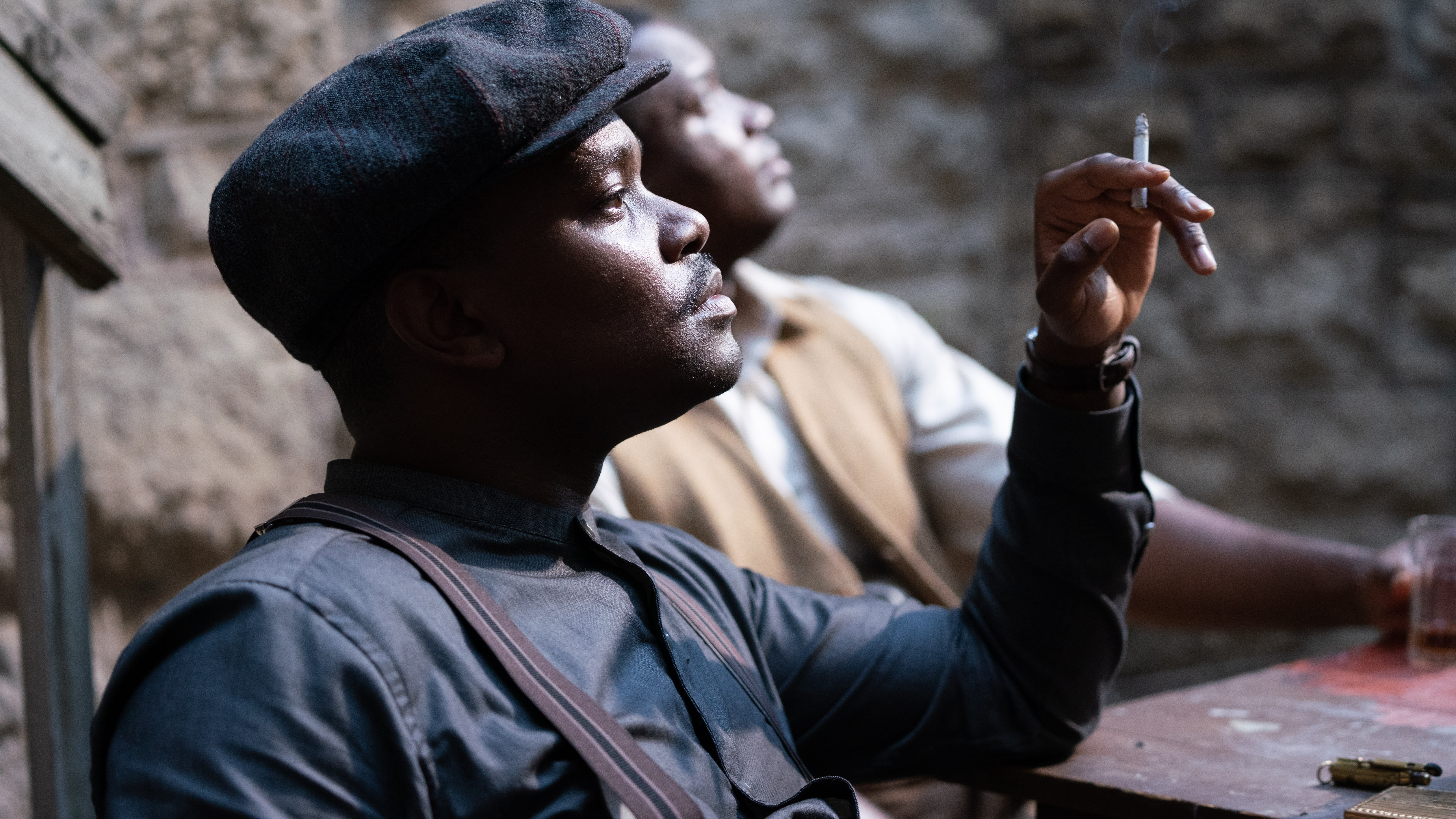
“I just wanted to give a love letter to the people that don’t have a voice anymore.”
Arnold Pinnock is a self-described history buff who came across the fascinating story of the sleeping car porters and the first Black Labour Union. It resonated with him profoundly. “I just wanted to give a love letter to the people that don’t have a voice anymore,” he shares. “They’re no longer with us. We talk about history in the sense real historical events. Well, with what level history we do know about the time, they don’t talk about their loves, their relationships, their happiness. They don’t talk about all those things. And the fact that we brought those things to life, it humanizes it.
“Like Marsha was saying, the immigrant story of why communities bond together when they come to this country, and talk their language when they’re by themselves but when they go to work—they speak the King’s English, or at least they did at that particular time. That humanization that we have been able to, I hope, get across on screen is something that I thought about, prayed about, cried about, and dreamt about in the past. When this was a kernel of an idea, it’s just to humanize us, so that not only can we see ourselves, but other Canadians and North Americans can see us for who we are, warts and all, man.”
Charles Officer, who also directed a few episodes, couldn’t agree more. “I just think that it’s a powerful tapestry of our culture and our humanity and that carries all the elements that we experienced,” he says. “Our stories have been put out there and in certain aspects are in this country, and very slimly, but I think a lot was bitten off by our writing team to put it on the screen. There’s been a lot of buildup of things that has not been there. This is an opportunity. I don’t think we’re granted that these opportunities will come back again just because people are talking about like, “Oh, we need more diverse stories and stuff.” It doesn’t just make the issues we’ve been dealing with evaporate. So I truly feel like we’ve just kind of packed in a juicy, spicy experience into this show and, and from different perspectives.”
Setting a new standard in the entertainment industry
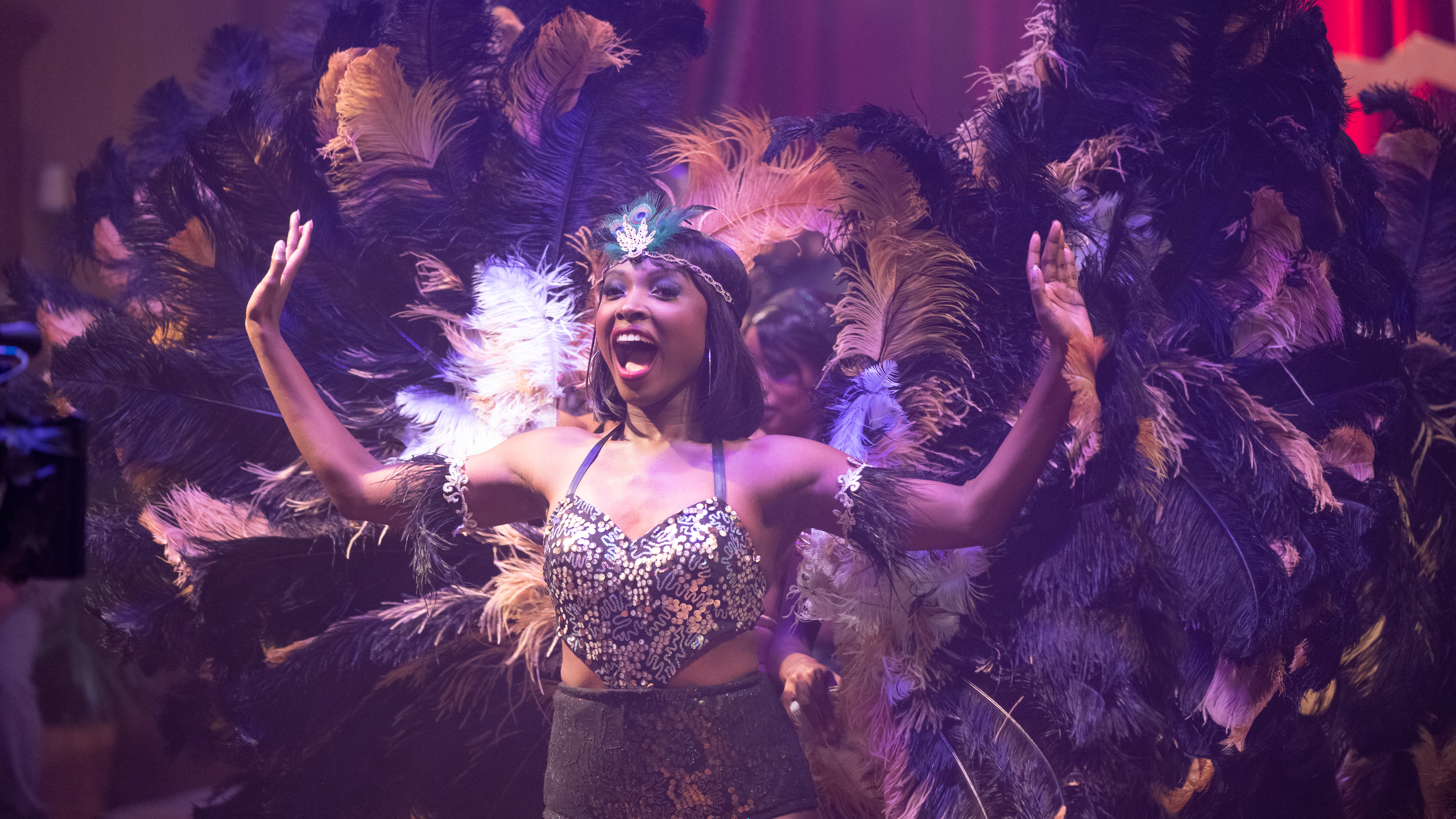
“It is very empowering because representation matters and to see a full cast of people and know that the creative team behind it is Black as well is pretty big,” says Canadian actor Ronnie Rowe Jr., who plays lead character Zeke.
Toronto actress Mouna Traoré, who plays Marlene, says she’s proud to have a show like this. “Finally, there’s something that when I have babies, I’m going to want them to watch and I’m going to want them to be inspired by and I don’t think I’ve felt that way about any kind of Canadian TV.”
She adds, “I think also about what it says as a statement to the industry—like a show with this many talented Black actors on this many creatives on both sides of the camera, at this scale, and it’s going to be a smashing success—what that says to the industry about what we’re capable of doing, and setting a new kind of standard. I mean, there’s no excuses for Black-led shows, for Black creatives, not to have the same opportunities as their white counterparts. We’ve done it.”
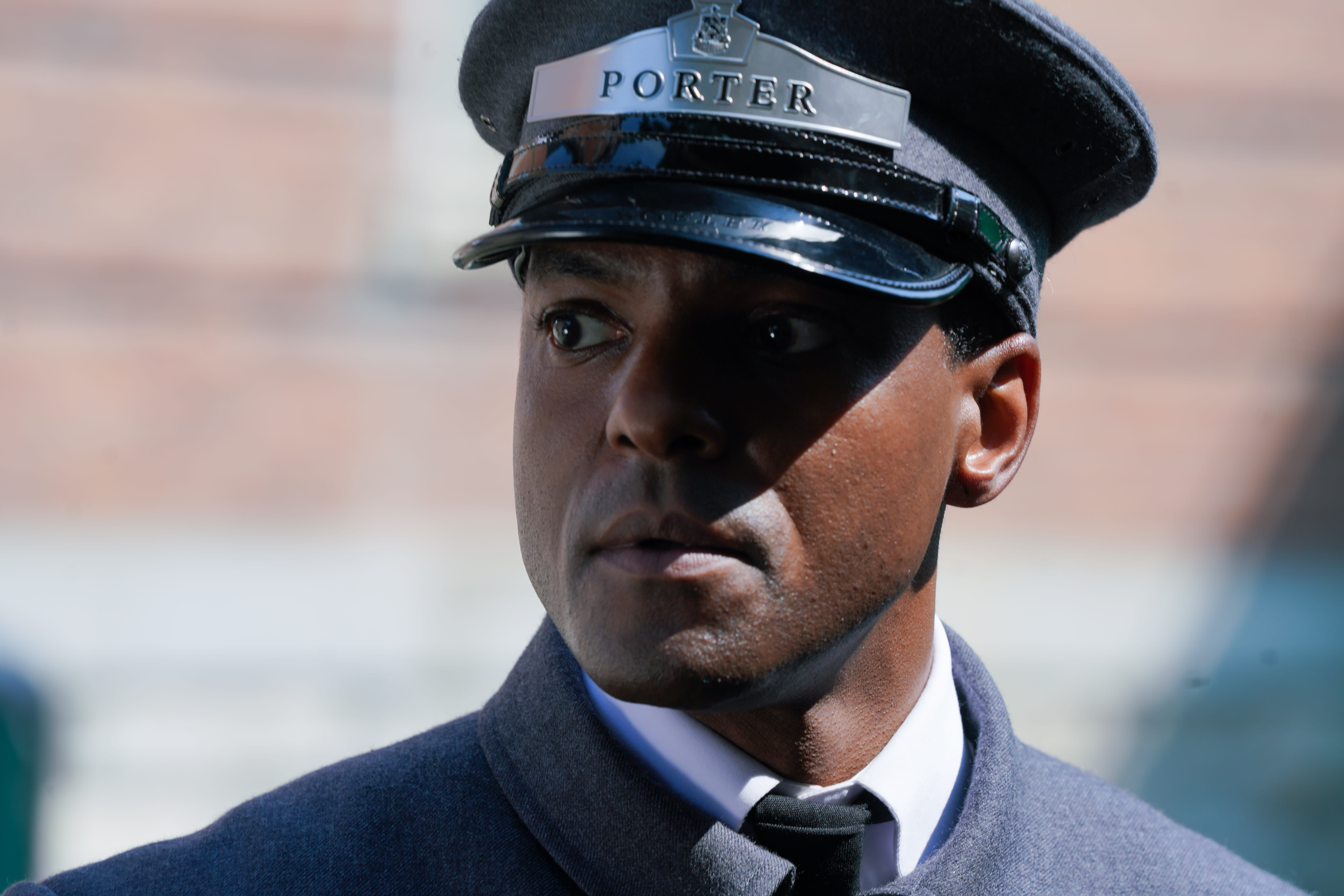
“There’s no excuses for Black-led shows, for Black creatives, not to have the same opportunities as their white counterparts. We’ve done it.”
For Canadian actress Olunike Adeliyi, who plays Miss Queenie, the experience was a moving one that extends beyond the series. “I am a very bold person in my own life, whether it’s speaking out about certain injustice, that’s who I am,” she says. “I always say that if I was coming up in probably any other era, I’d be killed. I’d be killed because I’m extremely rebellious. My family has always said, ‘Oh, you’re the black sheep, or you’re going to get yourself in trouble.’ But who I was, was exactly who I was supposed to be for this character, where she dares to see herself equal, if not better than white men in a time like this as a gangster doing what she does for her community so well, and so ruthlessly and unapologetically. So I feel that I am that person in my own life. Now she is way on another level than me, but I’m aiming to be a Queenie. I’m playing her, but I’m aiming to be that in my life.”
British actor Aml Ameen, who also serves as EP, plays Junior Massey, explains that his characters journey is one we’ve seen throughout Black history. “Junior wants to create avenue for his family, and family’s at the core of every decision he makes. That’s something I genuinely relate to. Something I’ve grown into that I really like about the character Junior is how unapologetically alive he is, and that he realizes like this is his time to garner the type of world and life that he wants to see. I also think what’s fascinating about Junior is his respect for Zeke, which I think is going to become more explored in a Season 2, which is, ‘I know you can do that.’ You can do that because I do this too. The two things have to co-exist. For there to be a Barack Obama, for example, there had to be disruptors in the ’60s, ’70s, and ’80s. For us to have the movement we had with Black Lives Matter, there had to be this fear of what would occur if justice didn’t prevail.”
Changing harmful narratives of Black people in media
